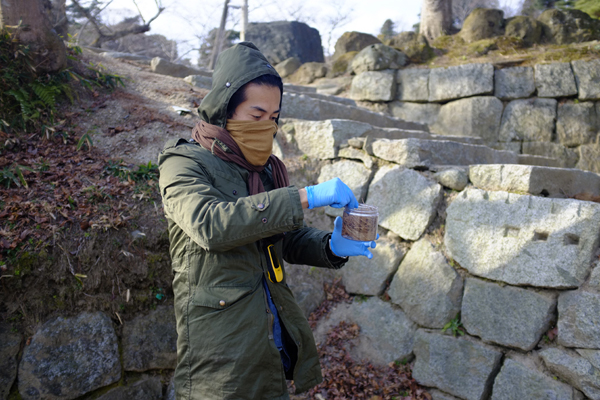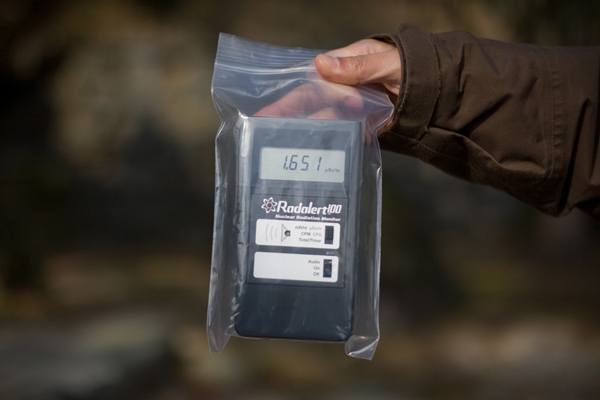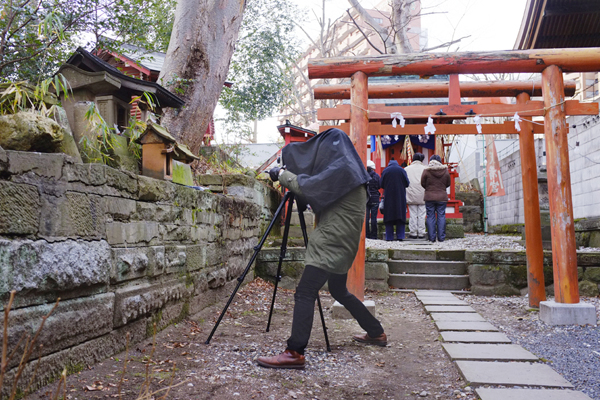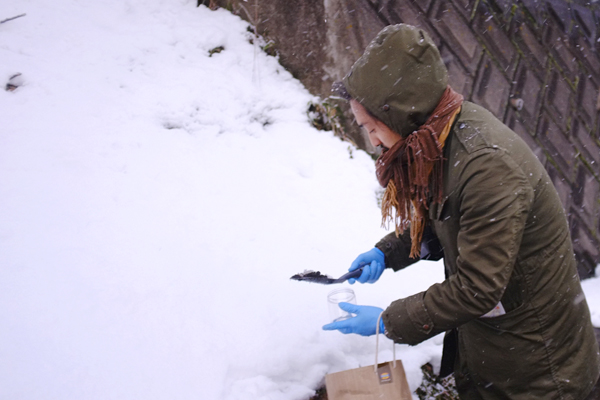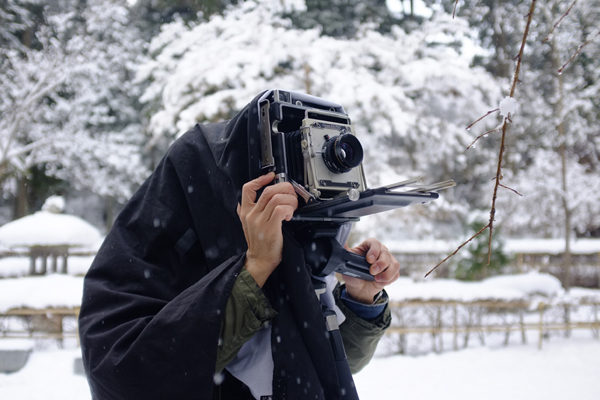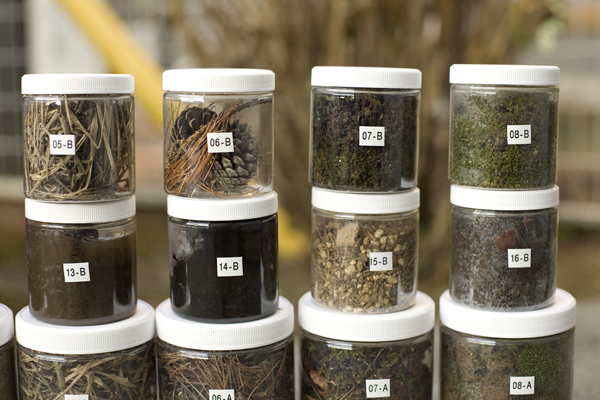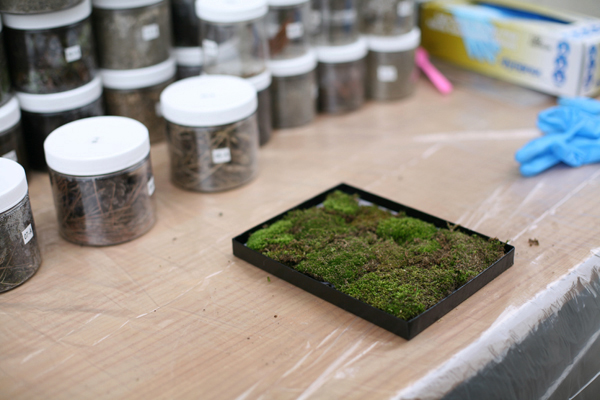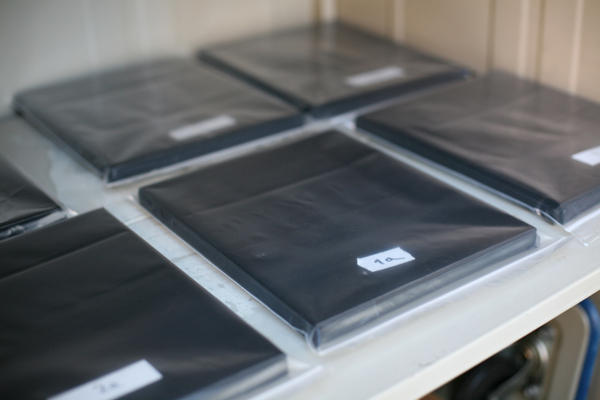Note after visiting Fukushima
A few months after 3.11, NPR aired an interview of a victim living in temporary housing in Fukushima. The nostalgic dialect sounded just like my grandparents. In 1944, when my grandfather was 16, he helped on a family farm in Hokkaido that was missing the father due to war. The school system wasn’t functioning toward the end of the war, so afterwards he finished his agricultural education and became an agriculture officer for the government until his retired. After devoting his life to agriculture, how does he see the land in Fukushima now?
Wide-spreading rice fields and farms, mountains creating depth in the vast scenery. Old housing containing a long memory of the past. Fukushima is my archetypal Japanese landscape. Visiting there with my father used to be a special moment on the route to visit my grandparents.
Hardly anyone outside of Japan had heard the name “Fukushima” until last year, now it’s known around the world disgracefully. The nuclear fallout covered precious land where ancestors passed away. As the reading on the radiation meter climbed uncomfortably, it was such an odd and terrifying experience to collect soil samples as I felt like gathering somebody’s ashes.
Invisible particles left a trace on photographic materials. I wish I didn’t need to face these prints.
Because of your support, this project came so far. I deeply apreciate your support and involvement on this project. (July, 2012)




